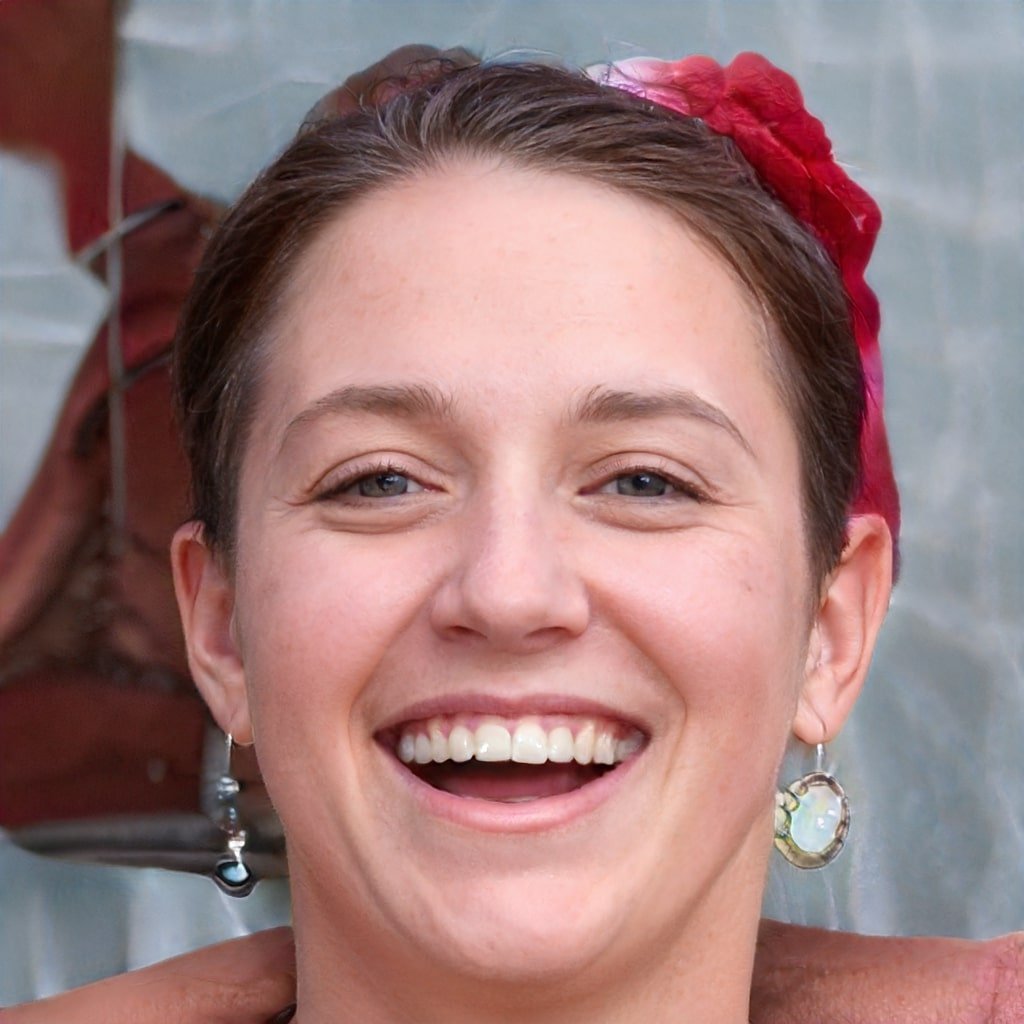After my mother passed away and my brother went to study in New Zealand, the first thing that really felt different was the dinner table. My father and I began eating separately. We went out to dinners with our friends, ate sandwiches in front of our computers, delivery pizzas while watching movies. Some days we rarely saw each other at all. Then, a few weeks before I was set to leave for university, my father walked downstairs. “You know, I think we should start eating together even if it’s just you and me,” he said. “Your mother would have wanted that.” It wasn’t ideal, of course—the meals we made weren’t particularly amazing and we missed the presence of Mom and my brother—but there was something special about setting aside time to be with my father.
It was therapeutic: an excuse to talk, to reflect on the day, and on recent events. Our chats about the banal—of baseball and television—often led to discussions of the serious—of politics and death, of memories and loss. Eating together was a small act, and it required very little of us—45 minutes away from our usual, quotidian distractions—and yet it was invariably one of the happiest parts of my day.

